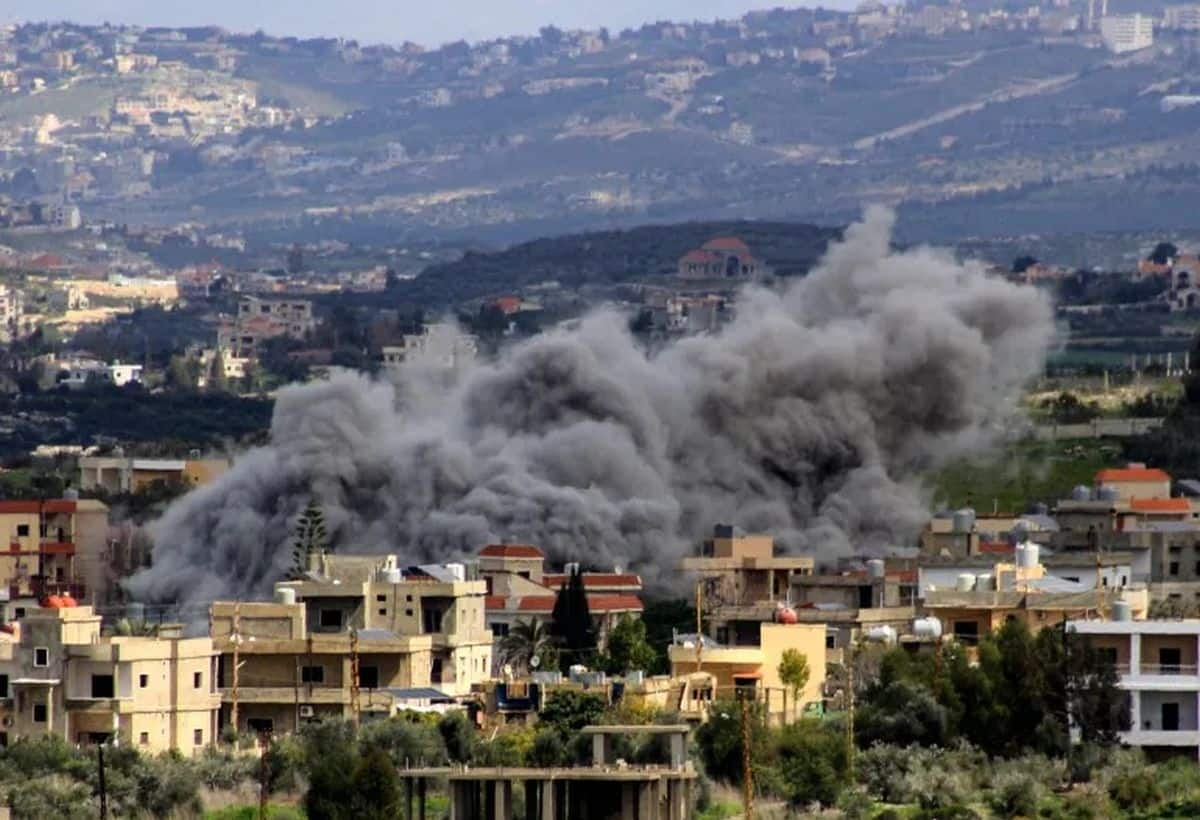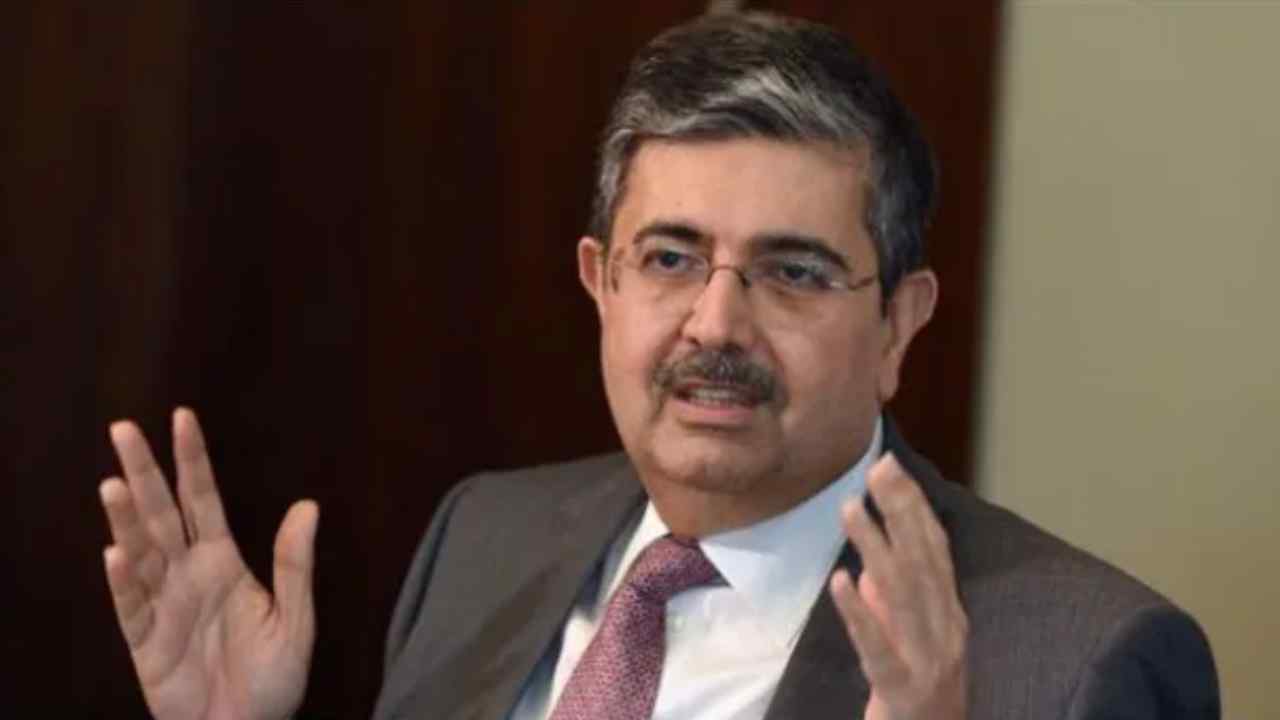Overview of Recent Escalations in the Israel-Lebanon Conflict
On the night of September 30, Israel escalated its military actions by announcing targeted ground attacks in southern Lebanon. This bold move signifies a shift in Israel’s military focus, highlighting its ongoing campaign against Hezbollah and raising significant concerns among global powers regarding the potential for wider conflict in the region.
Israel’s Strategic Military Actions
The Israel Defense Forces (IDF) confirmed that specific villages near the border with Lebanon were targeted due to their perceived threat to northern Israel. This tactical approach suggests that Israel is intent on dismantling Hezbollah’s operational capabilities, signaling that their efforts are not merely reactive but part of a broader strategy to ensure national security.
Continuing Aggression Against Hezbollah
Israel’s recent air and ground assaults come on the heels of prior attacks that specifically targeted prominent Hezbollah figures, including the organization’s leader, Hassan Nasrallah. This indicates that Israel is keen on maintaining relentless pressure on Hezbollah, despite widespread calls for restraint from the international community, including powerful nations like the United States and the European Union. The apparent disregard for ceasefire appeals raises alarms about Israel’s intentions and the potential for escalating violence in the Middle East.
Concerns Over Global Implications
The implications of Israel’s aggressive posture extend beyond its borders. The shift in focus from Hamas in Gaza to Hezbollah in Lebanon has critical ramifications for regional stability. While the current tensions have not significantly impacted global affairs yet, there are fears that an escalation might have far-reaching consequences, potentially destabilizing neighboring countries or drawing them into conflict.
Destruction of Military Infrastructure
In an update shared on social media platform X, the IDF reported successful strikes on Hezbollah fighters and their infrastructure in southern Lebanon. Notably, they announced the destruction of a ‘missile launcher storage facility’ located near the international airport in Beirut, which was alleged to be used for launching missiles aimed at Israeli targets. Such revelations emphasize the tactical precision of Israel’s military operations and its commitment to neutralizing threats against its territory.
The Threat of Iranian Involvement
U.S. officials have expressed significant concern regarding the potential for Iranian involvement in the conflict as a result of Israel’s extensive ground attacks. With Iran being a staunch supporter of Hezbollah, there is apprehension that major escalations could result in a direct confrontation that might draw in various regional and global powers. Ensuring that such a situation is avoided is a priority for the United States and other international stakeholders.
Netanyahu’s Objectives
Israeli Prime Minister Benjamin Netanyahu has articulated that the core objective of these military operations is to significantly diminish Hezbollah’s missile capabilities. The consequences of this ongoing military action are evident, as thousands of residents in northern Israel have been forced to evacuate their homes amid fears of retaliatory attacks from Hezbollah in response to Israel’s aggressive military campaign.
Conclusion
The recent ground attacks by Israel in southern Lebanon mark a critical juncture in the longstanding conflict involving Hezbollah. As tensions soar and the threat of broader regional conflict looms, it becomes increasingly vital for global powers to engage in proactive diplomacy to mitigate the risks associated with further military escalation.











